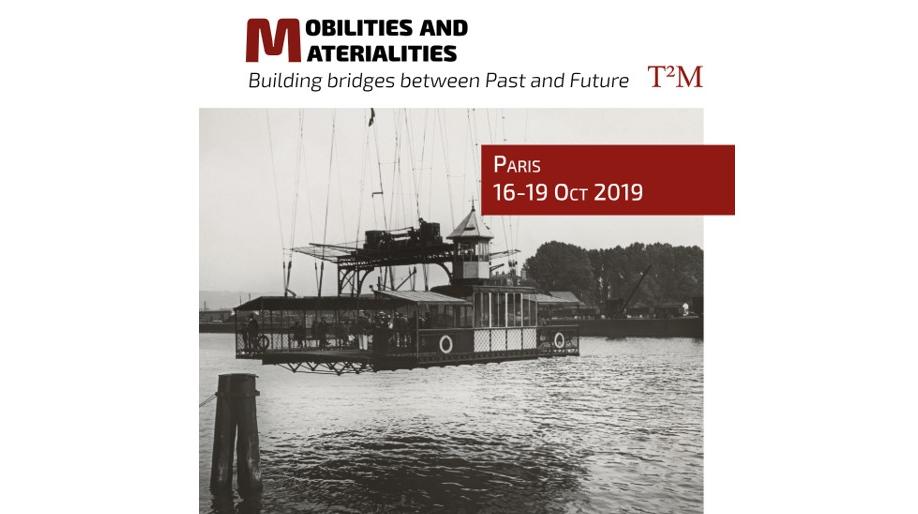Publié le 27 août 2019
–
Mis à jour le 15 octobre 2019
T2M (International Association for the History of Transport, Traffic & Mobility)
Date(s)
du 16 octobre 2019
au 19 octobre 2019

Mobility clearly has a strong material dimension. In these times of demand for "fluid" mobility, "autonomous" and electric vehicles, shared transport, the physical infrastructure that underpins and makes mobility possible is subject to profound changes (borders of energy supply, route 2.0, etc.). Infrastructure networks and transport services have also undergone significant material transformations throughout the history of the long term (macadam coating, steam engines, electrification…).
Generally, vehicles, equipments and infrastructures are considered separately in studies dealing with transport and mobility. However these infrastructures (roads, waterways, harbors, airport, bike paths…) are essential to the physical conditions of traffic in all modes of transport (coaches, cars, buses, boats, planes…). Looking at mobility from the perspective of material culture is a way of articulating these two dimensions and of approaching infrastructure and means of transport based on the most concrete and visible aspects.
In the 1960s and 1970s, the concept of material culture was an important heuristic tool, mobilized in particular by historians and archaeologists. Nowadays, this attention to material issues is being significantly renewed in different disciplines to understand the relationships that societies and individuals have with things and their social life. From manufacture to consumption, the function, appropriation and status of objects evolve over time and according to whoever handles them. This question of materialities is just as essential to the understanding of mobility and its technical, economic and social transformations.
The aim of this interdisciplinary conference is to deepen our understanding of these infrastructures and mobility ecosystems: their functions, the concerned actors, the spatial stakes, the logistical issues, the consequences of new supply chains, and what controversies and challenges they bring, with particular attention to their materiality.
En savoir plus
Le programme